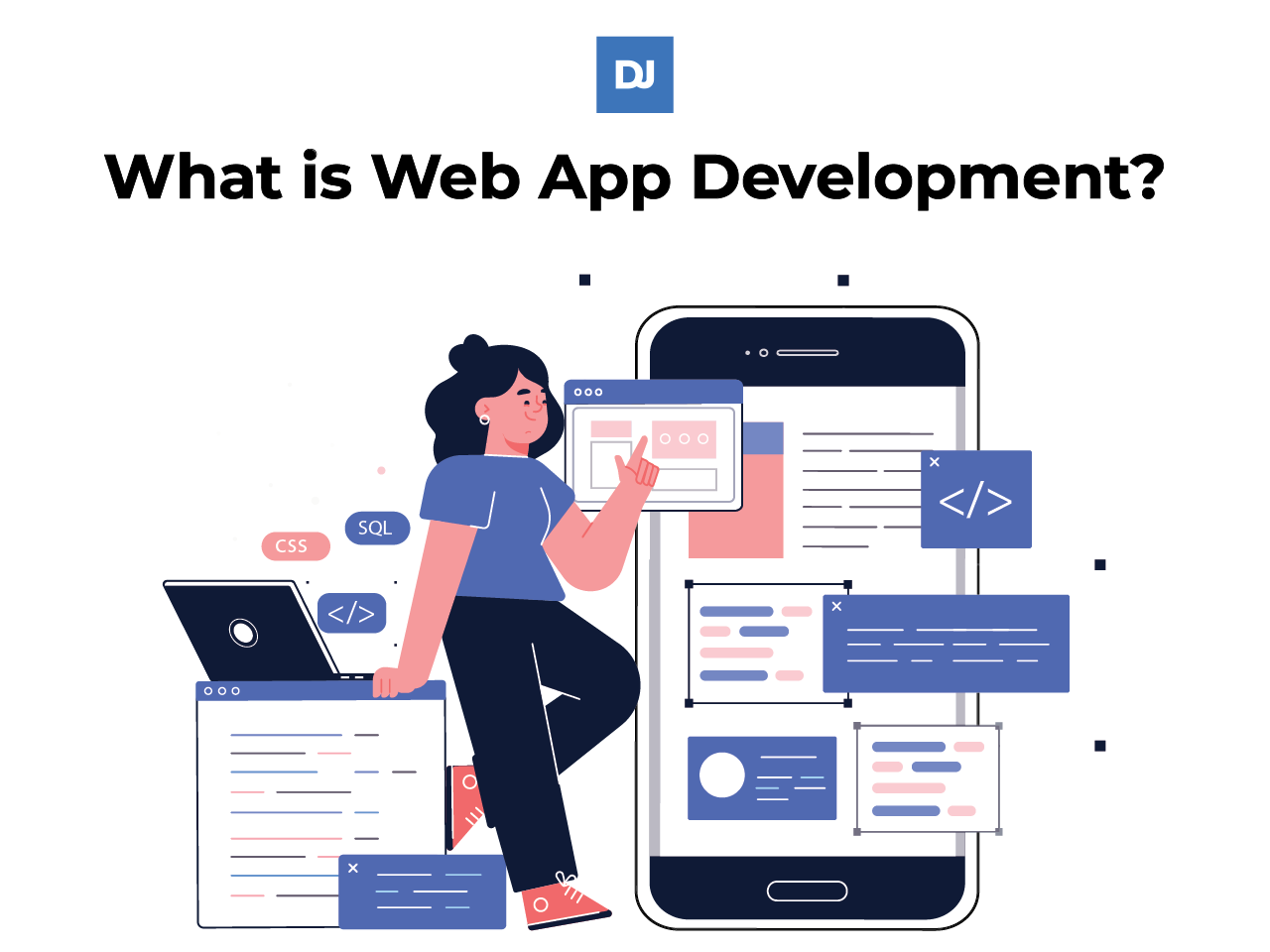 In today’s rapidly evolving digital landscape, the need for cutting-edge solutions has led many companies to explore new frameworks, such as Web App Development with Double
In today’s rapidly evolving digital landscape, the need for cutting-edge solutions has led many companies to explore new frameworks, such as Web App Development with Double
In today’s rapidly evolving digital landscape, the demand for innovative web applications has never been greater. Businesses are increasingly recognizing the importance of a strong online presence, and web applications are at the forefront of this digital transformation. From streamlining operations to improving customer engagement, the right web app can make a significant difference in how a business operates and interacts with its users.
In Malaysia, the web app development scene is thriving, with a growing number of talented web app developers emerging to meet the needs of various industries. As competition intensifies, companies are looking for ways to differentiate themselves through unique and functional applications. This guide will explore the fundamental aspects of crafting innovative web applications, providing insights and best practices that can help you navigate the development process, whether you are a seasoned professional or just starting out in this exciting field.
Understanding Web Application Development
Web application development is the process of creating software applications that run on web servers and are accessed through web browsers. Unlike traditional software, which is installed on a local computer, web apps provide users with convenience and flexibility, allowing them to access the application from any device with internet connectivity. This shift towards web-based solutions has transformed how businesses interact with their customers, making web apps an essential part of modern digital strategies.
In the context of web app development in Malaysia, there is a growing demand for skilled web app developers who can create innovative solutions tailored to local businesses. This trend reflects the increasing reliance on technology by companies of all sizes, fostering an environment where digital transformation is crucial for staying competitive. Malaysian developers are embracing various frameworks and programming languages to meet the unique needs of clients, demonstrating the importance of continuous learning and adaptation in this field.
As the web application landscape evolves, understanding the key components of development is vital for success. This includes knowing the difference between front-end and back-end development, recognizing the significance of user experience design, and staying updated on the latest technologies and trends. By grasping these fundamentals, web app developers in Malaysia can build robust, user-friendly applications that not only meet business goals but also enhance user engagement and satisfaction.
Key Technologies for Modern Web Apps
When developing modern web applications, selecting the right technologies is crucial for ensuring performance, scalability, and user engagement. One of the most popular choices for building the frontend of web apps is JavaScript along with frameworks like React, Angular, or Vue.js. These frameworks allow developers to create dynamic and responsive user interfaces that enhance user experience. In addition, they support component-based architectures, making it easier to manage and reuse code.
On the backend, technologies such as Node.js, Ruby on Rails, and Django are preferred for developing robust server-side applications. Node.js, particularly, has gained immense popularity due to its non-blocking architecture, which allows for handling multiple connections simultaneously. This capability makes it an excellent choice for web applications that require real-time data, such as chat applications or collaborative tools. The use of RESTful APIs and GraphQL further enables seamless communication between the frontend and backend, ensuring that data flows smoothly.
Databases play a critical role in web app development as well. Developers often choose between SQL databases like PostgreSQL and MySQL or NoSQL databases such as MongoDB, depending on the specific requirements of the application. SQL databases offer strong data integrity and complex querying capabilities, while NoSQL solutions provide flexibility and scalability for handling unstructured data. By leveraging the right combination of these technologies, web app developers in Malaysia can create high-performing applications that meet the needs of users in a competitive digital landscape.
Choosing the Right Developer in Malaysia
Selecting the right web app developer in Malaysia is crucial for the success of your project. With a thriving tech ecosystem, there are many talented professionals available, but not all possess the same skill set or experience. Start by evaluating potential developers based on their portfolio. Look for examples of their previous work to determine if their design style and technical capabilities align with your vision. A strong portfolio is often an indicator of a developer’s expertise and reliability.
Communication is another vital aspect to consider when choosing a web app developer. You want someone who not only understands your requirements but can also collaborate effectively throughout the development process. During initial conversations, assess how well the developer listens to your ideas and provides feedback. A good developer should be able to convey complex technical concepts in a way that is easy for you to understand, ensuring that both parties are on the same page.
Lastly, consider the support and maintenance offered after the launch of your web application. The best developers in Malaysia recognize that their role does not end with deployment. Make sure to discuss ongoing support, updates, and troubleshooting services. This will help ensure that your web app remains functional and up-to-date well into the future, providing a seamless user experience for your audience.
Future Trends in Web Application Development
As web app development continues to evolve, one of the most significant trends is the increasing adoption of Progressive Web Applications (PWAs). These applications combine the best of web and mobile apps, providing users with a seamless experience regardless of their device. PWAs are designed to be fast, reliable, and engaging, allowing users to interact with web applications without the need for a constant internet connection. This trend is particularly important in Malaysia, where mobile internet usage is rapidly growing, making PWAs an ideal solution for businesses looking to enhance user engagement.
Another notable trend is the growing emphasis on low-code and no-code platforms for web app development. These platforms allow developers and non-developers alike to create applications with minimal coding knowledge, significantly reducing development time and costs. In Malaysia, this democratization of technology is opening up new opportunities for startups and small businesses to innovate and bring their ideas to life without the need for extensive resources. This shift towards low-code solutions can lead to a surge in creativity and experimentation within the web app development space.
Lastly, the importance of artificial intelligence and machine learning is becoming increasingly prominent in web application development. Developers are leveraging AI to create smarter applications that can provide personalized user experiences and predictive analytics. In Malaysia, businesses are beginning to explore how AI can enhance their web applications, whether through customer support chatbots or data-driven decision-making tools. This integration of advanced technology will likely define the future of web app development, enabling developers to build more intuitive and adaptive applications that meet the needs of an ever-changing digital landscape.






